Sith Lord Tom West Reacts To The Force Awakens
December 24, 2015 3:59 pm | 1 Comment
*The views expressed in this review are that of Tom West and not the Pop Culture Leftovers
Pop Culture Leftovers Ratings System:
Toss It = Hated It
Taste It = Liked It
Tupperware = Loved It
Star Wars; The Force Awakens
Dir; J.J. Abrams
Writers; J.J. Abrams and Lawrence Kasdan
Starring; Carrie Fisher, Harrison Ford, Oscar Isaac, Daisy Ridley, John Boyega, Adam Driver
I went into the screening more excited for a film than any time since 1993, when I saw Jurassic Park on holiday with my family. The opening crawl sets up an intriguing premise – that Luke Skywalker has vanished, and the first 40 minutes are gripping, with Von Sydow being confronted by Kylo Ren, sparing but effective dialogue, and this opening set piece promises much in terms of drama and epic adventure, as does the full trailer. We open to a Star destroyer – the Finalizer – casting a silhouette against Jakku, and the deployment of a task force of Storm troopers. We are introduced to three principal characters; Poe Dameron (Isaac), Finn (Boyega) and Kylo Ren (Driver), the heir apparent to Vader, in black mask and dark robes. He’s looking for Dameron and his droid, BB-8. The droid contains information that could lead Ren and the First Order – the successor to the Galactic Empire, or what remains – to the location to Luke, which sets up fascinating questions regarding the absent hero; is he now a Jedi master? How powerful is he if the First Order are devoting these resources to his capture? Finn is a Stormtrooper ordered to execute the villagers in cold blood but has a crisis of conscience and refuses, instead helping Poe after he is captured by Ren. A great friendship is born in trying circumstances, as both escape in a TIE fighter, which is downed by the Finalizer’s weapons and crashes on Jakku. Finn survives but what happens to Poe is left a mystery, until they are reunite at the resistance compound.
Rey is introduced as a scavenger on the desert planet – much like Tatooine in forcing its inhabitants into a rough and Spartan existence, but also a colossal ship graveyard. Rey’s exploration of the downed and sandblasted hulks is great to see, in fact everything on Jakku captures both the feeling of the old films and serves as a crucible for the forging of new friendships. The pursuit through the hull of the upturned Super Star Destroyer is perfect Star Wars. It’s just a damn shame things start to fall apart when they use the Falcon to escape the planet, and are soon depowered by an industrial-looking vessel, piloted by two veterans of the saga.
Finn assumes it’s the First Order but their captors turn out to be much more benign, Han and Chewie, who arrived to a deserved cheer from the audience. Such a stage entrance should mean a lull in tension and room for character development, and it would in the original trilogy, but shortly after Han and Chewie arrive, the story slumps into an irritatingly and corny comedic tone. Some of it fits the universe, but too much is imported from contemporary, earth-bound films in such doses it undermines the dramatic tone established in the first act, rather than complementing it, with stupidly-named Raptars (why not Dianogas from A New Hope, or Lovecraft’s Shoggoths?), CGI monsters that rampage and devour those demanding payment from Han. The droll knowingness of a Stormtrooper forced to down his blaster by Rey’s suddenly acute force ability rankles – if his mind has been hijacked by a force user, does he have the capacity to reflect on his weakness as it happens? The dynamic between Han and Chewie is a little off, with Chewie now treated as if a child or pet, rather than a friend. Such was the change in tone towards the comedic over the dramatic, that it became irritating, alienating and after several occasions I actually considered walking out. It suddenly started to resemble Spaceballs, rather than a legitimate attempt at a Star Wars film, and may have been a malign symptom of Disney’s influence.
One real disappointment I had with this film is the villains. Snoke’s (Andy Serkis) design and conception is very underwhelming, aping the Wizard of Oz, given his only appearance is in the form of a hologram a la Sidious/ Palpatine, and Kylo Ren is a dark apprentice, initially compelling in his actions on Jakku, he admires Vader and is saddled with a family connection to the protagonists that is delivered in such a blasé and rushed way it carries little dramatic weight. His presence diminishes throughout the film, from an intriguing successor to Vader, to removing his mask and becoming the tantrum-throwing son of Han and Leia who is beaten by the untrained Rey in a lightsabre duel, after the opening scene shows him able to suspend a blaster shot in mid-flight, a betrayal of the film’s internal logic. Not even Vader performed such a remarkable display of control, and his increasing humanisation felt like a cop-out from establishing a truly brutal villain. Adam Driver might be a decent actor, but is drastically miscast here, physically resembling neither Ford nor Fisher or, sans mask, making for a menacing villain. His persona did not seem to fit into the role required. Without his mask and superior demeanour, Kylo is less convincing as a villain than Darth Maul, and even Anakin in Episode III. The desire to establish him as the torn and errant son in one film effectively cheapened Han’s death.
Some technical aspects of the film make the sci-fi elements feel ill-conceived and superficial; the power of the Star killer beam would have killed everyone within sight on the surface. As soon as the sky lit up, Hux (a hammy Dominic Gleeson) and his gathering would’ve been incinerated. The lack of TIE interceptors and B-wings as Dameron and co make their attack on the ‘thermal oscillator’ makes no sense; both played significant roles in the battle of Endor, and B-wings are designed for bombing, just as the TIE interceptors are designed to repel attacks. The reason why it was a few X-wings vs TIE fighters over another Death Star is probably more superficial than many would like to admit. Abrams just wants to play with the iconography of the old films, to pay homage to the classic battle of Yavin, and the attack on both death stars. The problem is we’ve seen it all before, and it was far more exciting and believable in Return of the Jedi. The resistance must have had greater access to resources than the rebel alliance, yet their capital ships were absent in the assault. I don’t buy that the Republic fleet was limited to the one system that was destroyed, so there should’ve been numerous capital ships. There was no mention of Coruscant either. The political situation of the galaxy is glossed over almost entirely and never adequately summarised, but that is another problem with Abrams’ films. He doesn’t tell, but never shows, either. Audiences are left to guess important details of a patchily constructed world.
The constant harkening back to A New Hope (the droid with the secret information, the x wings striking from a base that is then threatened with destruction from a planet-sized weapon, even down to the trenches the X wings fly down) just shows Abrams is as a director, still stuck on pastiche. Tarantino inhabits the same territory, but being more cine-literate he is better at repackaging his constant ‘borrowing’. Here, the third act doesn’t offer us anything new, but gives us a reimagining of selected scenes, just as Into Darkness did. The film itself, for all the promise of the first 40 minutes, is not really a genuine continuation of the story, but Abrams’ indulgent homage to the original trilogy, an elaborate, slickly produced mash-up of set pieces.
Even the prequels, as weak as they are, tried to be their own films, without slavish borrowing of scenes and motifs from the classic trilogy. The Force Awakens, just as Into Darkness, is a reheating of iconic moments and tropes from earlier watersheds in the sci-fi genre, and leaves you thinking that perhaps Return of the Jedi really is a natural end to the story, and that Disney are now copying New Line’s treatment of the Hobbit in forcing more ‘content’ from a property that, in terms of the main story arc, has already reached its conclusion, aside from the Lucas-approved EU novels. Zahn’s trilogy is a much more natural progression of the story, while also being far more inventive, not tipping the hat to the classic trilogy in every other paragraph, even if Zahn did set his books a mere six years following the battle of Endor. Elements from this series would’ve eased the transition into a confused Disney universe where the rebel alliance is now both the Republic and the Resistance, and the Empire to the First Order.
My concern now is that Disney will rush headlong into production of both main sequence and anthology films, with scant regard for narrative cohesion. Audiences were left sour by the rushed bridge between episodes 3 and 4, and here is a narrative that feels just as rushed, given the time frame from acquisition of Lucasfilm to release. Perhaps Disney would be advised to allow Rian Johnson, a far more talented writer and director than Abrams, three year stints between films, to allow the story to actually go somewhere, perhaps with more bravery, originality and subtlety, just as Empire did in 1980. The problem here is that the homages do not come across as organic developments, but ploys calculated by Abrams and Disney to create a nostalgia buzz for the older fans, to regenerate brand loyalty. It all appears too pleased with itself, retreading safe narrative territory. Han’s death is old news – Harrison Ford suggested Lucas killing him off in Jedi. It’s cynical, but considering Ford’s ambivalence towards Star Wars for the past 3 decades, this is probably his golden handshake goodbye.
As soon as the end credits appeared to the triumphant score, I realized that I had enjoyed it less than after my first viewing of The Phantom Menace. Perhaps it’s because I’m less idealistic than I was in ‘99, but my realistic expectation of it being better than the prequels was tested to an unacceptable degree, and I can’t say I enjoyed it as a film, or as the supposed continuation to the saga.
Perhaps the cause for the sequel trilogy is not entirely lost. Its one redeeming feature, the saving grace that prevents me from tossing it into the garbage chute, is the bright young cast of protagonists. They are explosive screen talents, and I sincerely hope Luke’s involvement in the next episode, along with Poe, Rey and Finn, will lift the series back to something approaching greatness, or something consistent in tone and epic in dramatic as well as visual scope, because this was a missed opportunity. The villains will need a real work-through to see that potential fulfilled. Let’s hope that Snoke and Luke can raise the dramatic stakes to the level the opening scene teased us with.
I give the Force Awakens a low ‘taste It’, or 2/5.
Tom West
Tags: pop culture leftovers, star wars, Star Wars Episode VII, The Force Awakens
Categorised in: Movie Reviews
This post was written by Leftover Brian
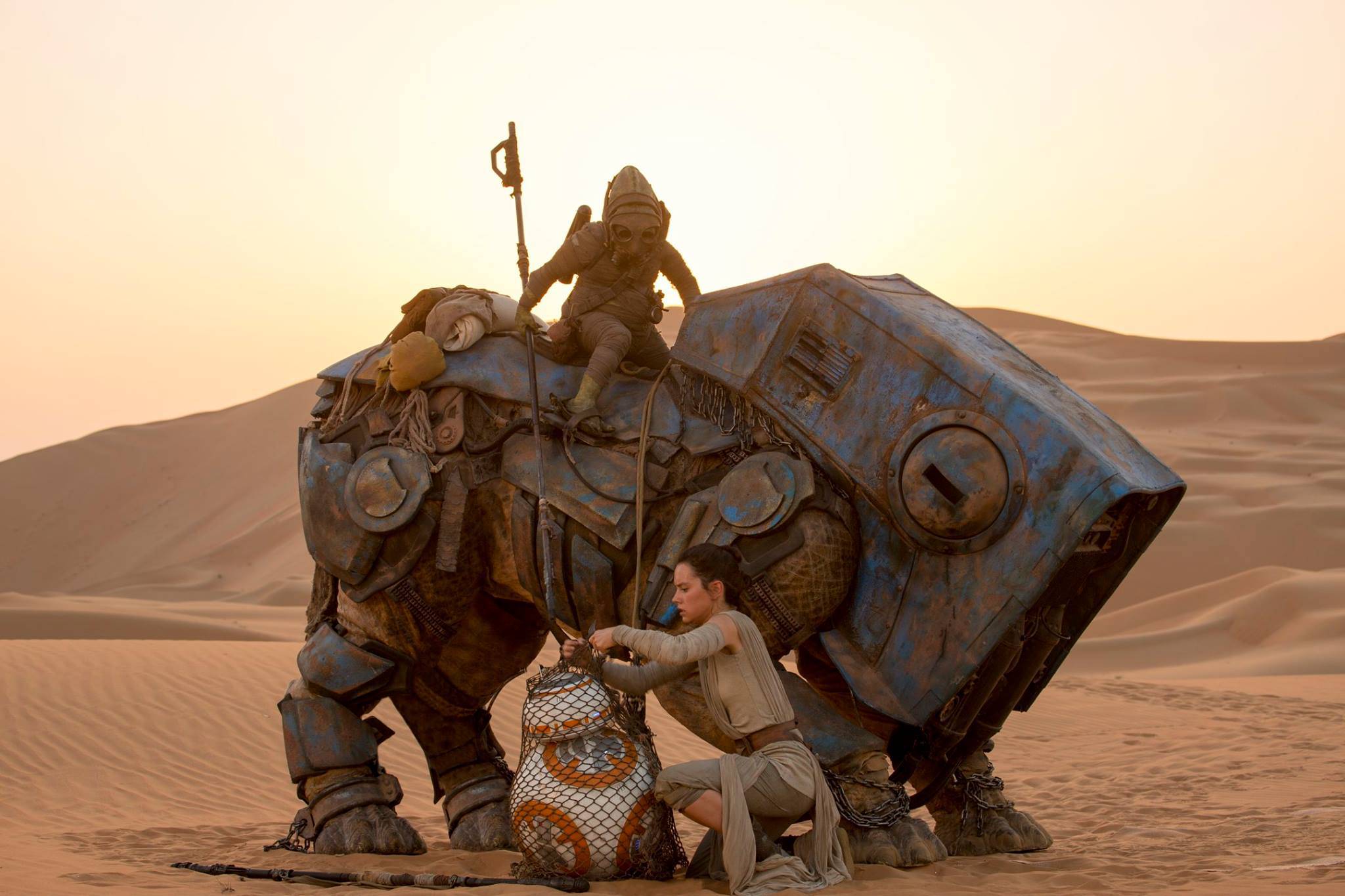
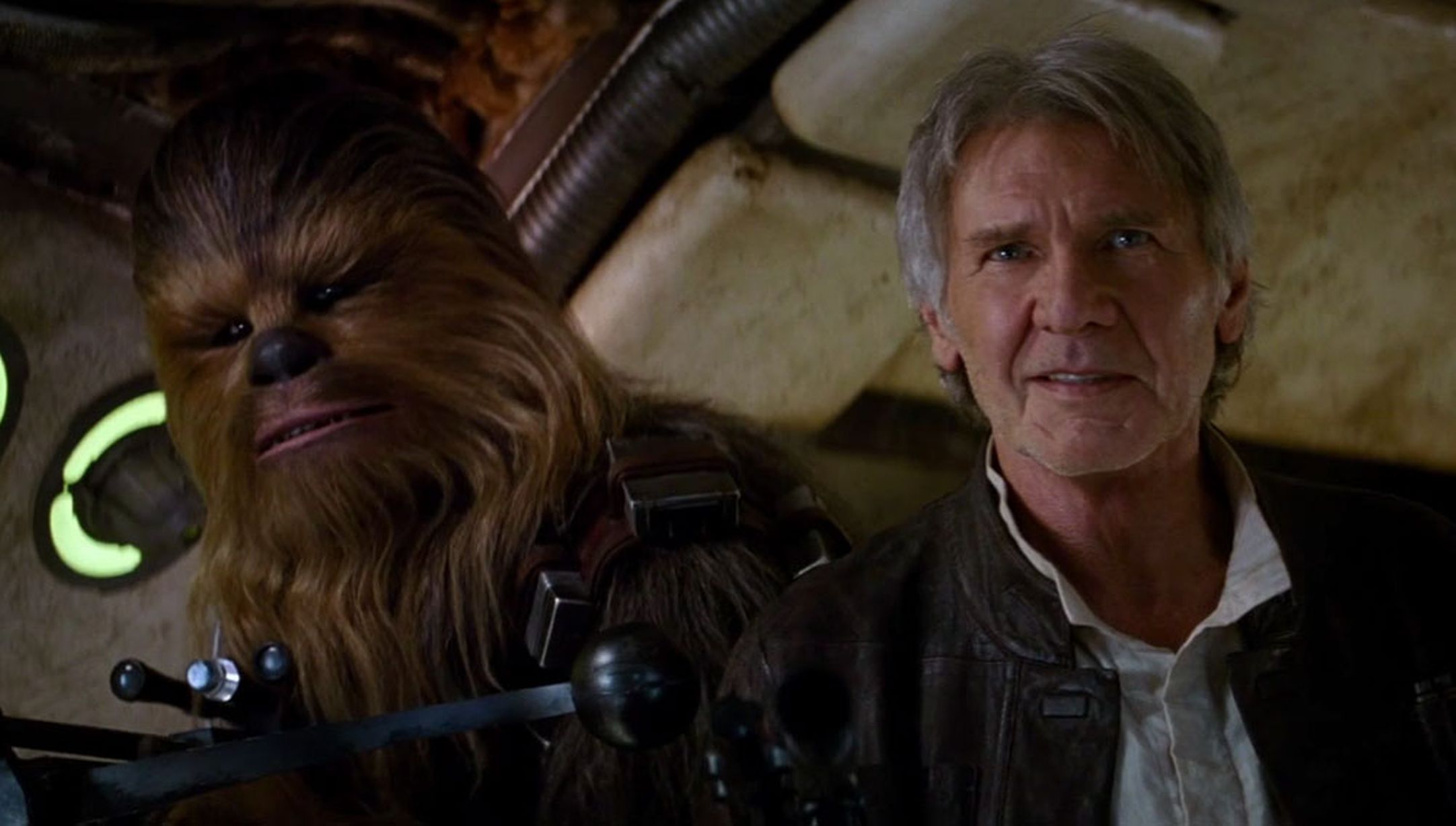
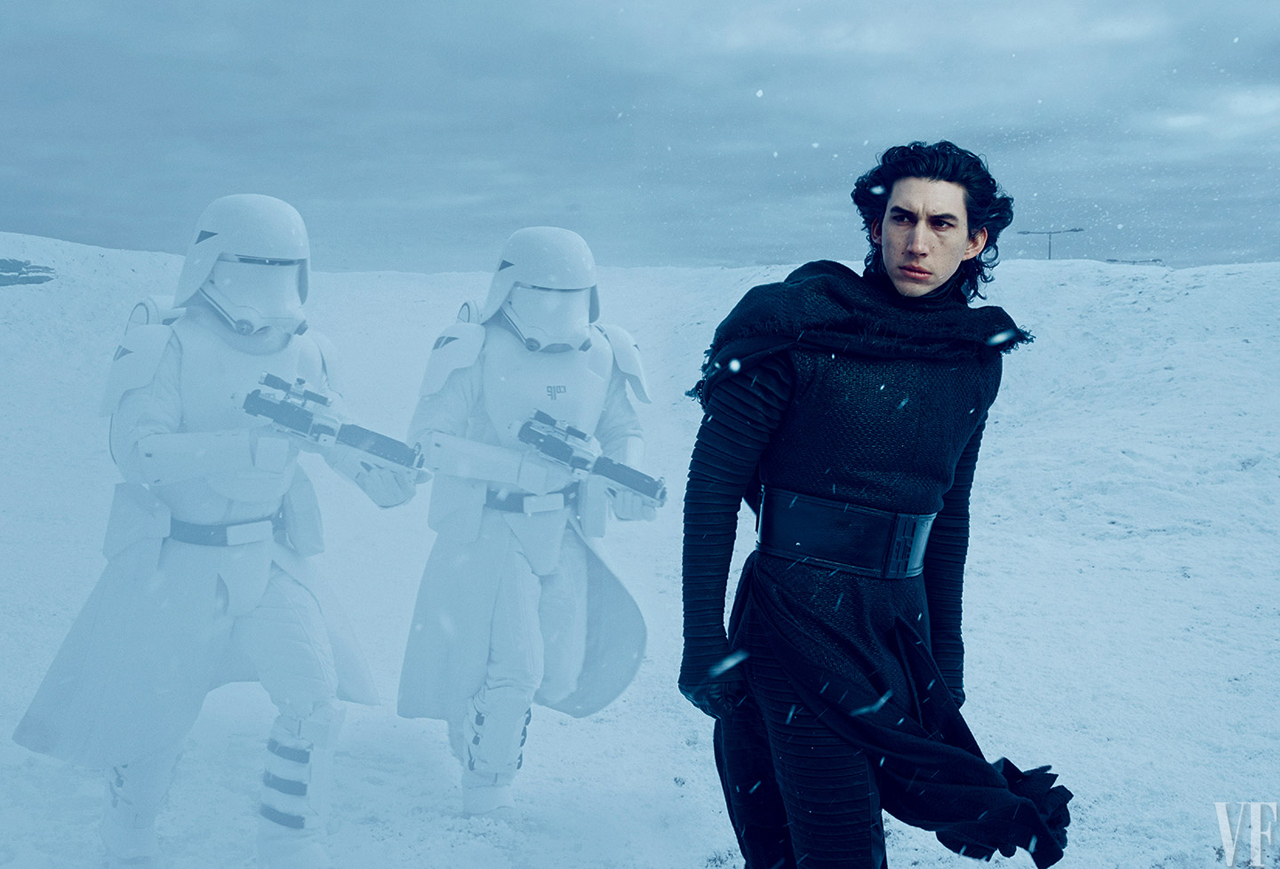
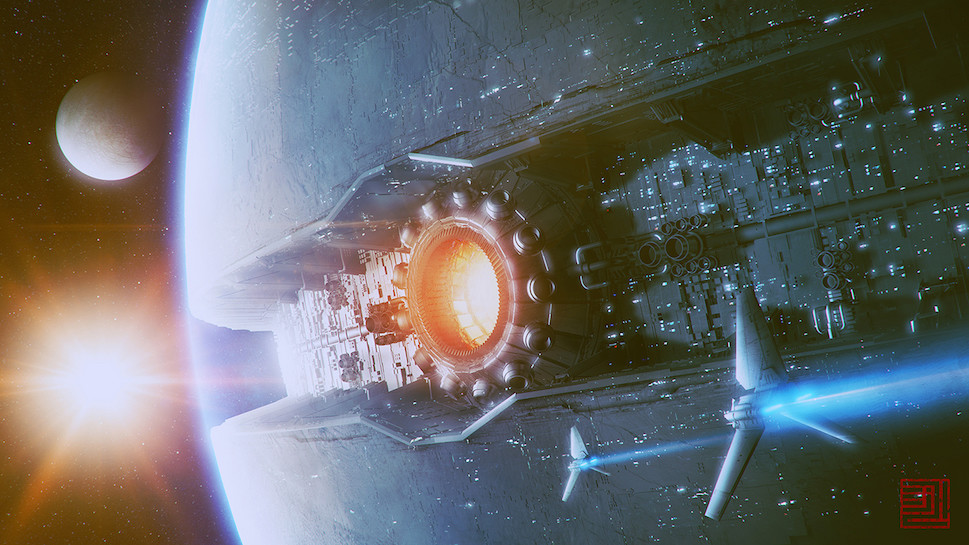
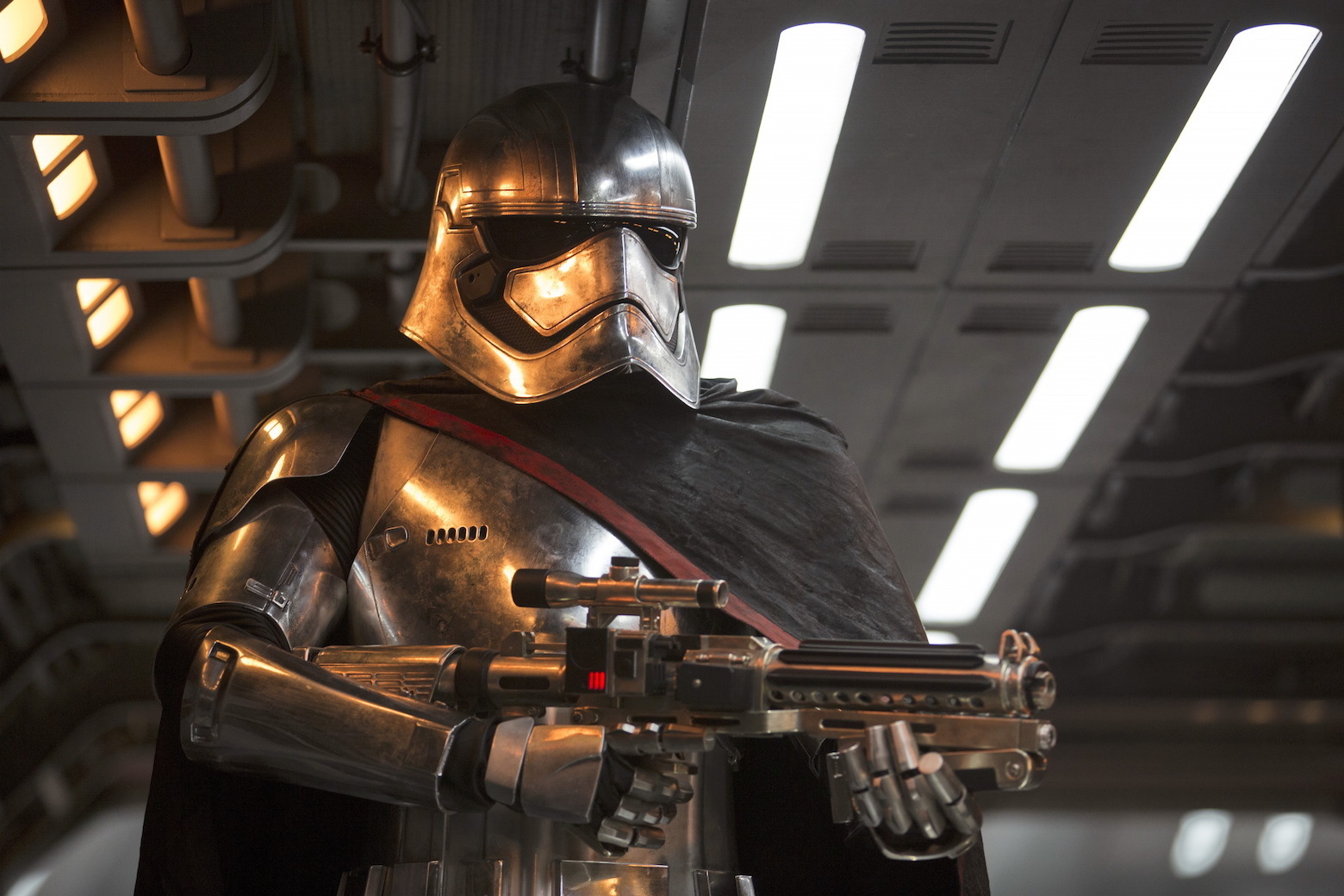
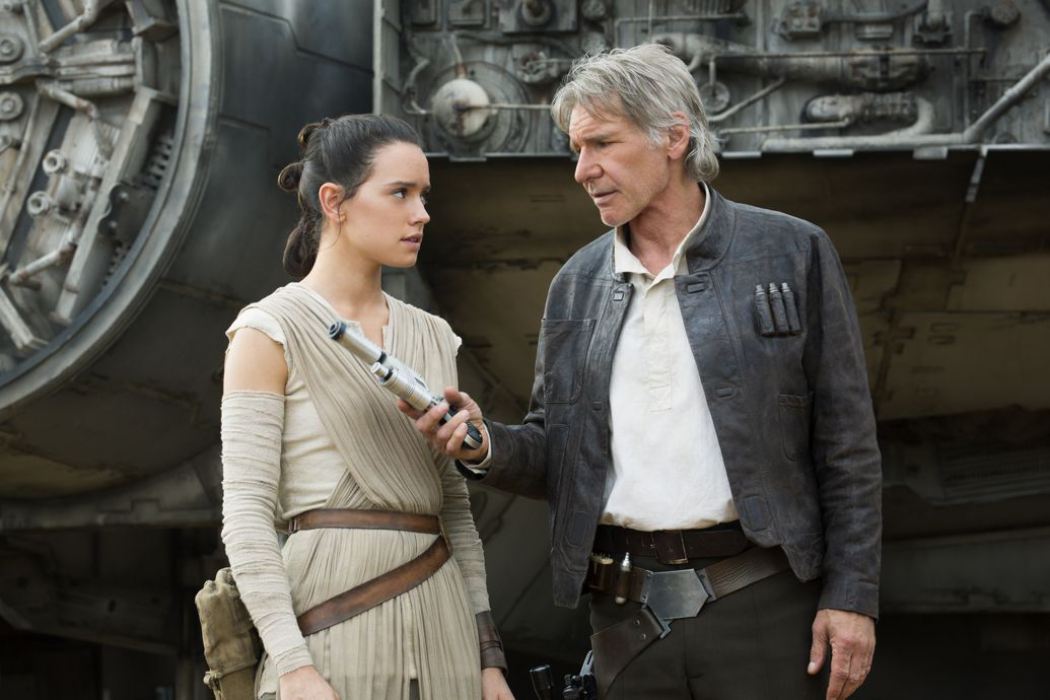
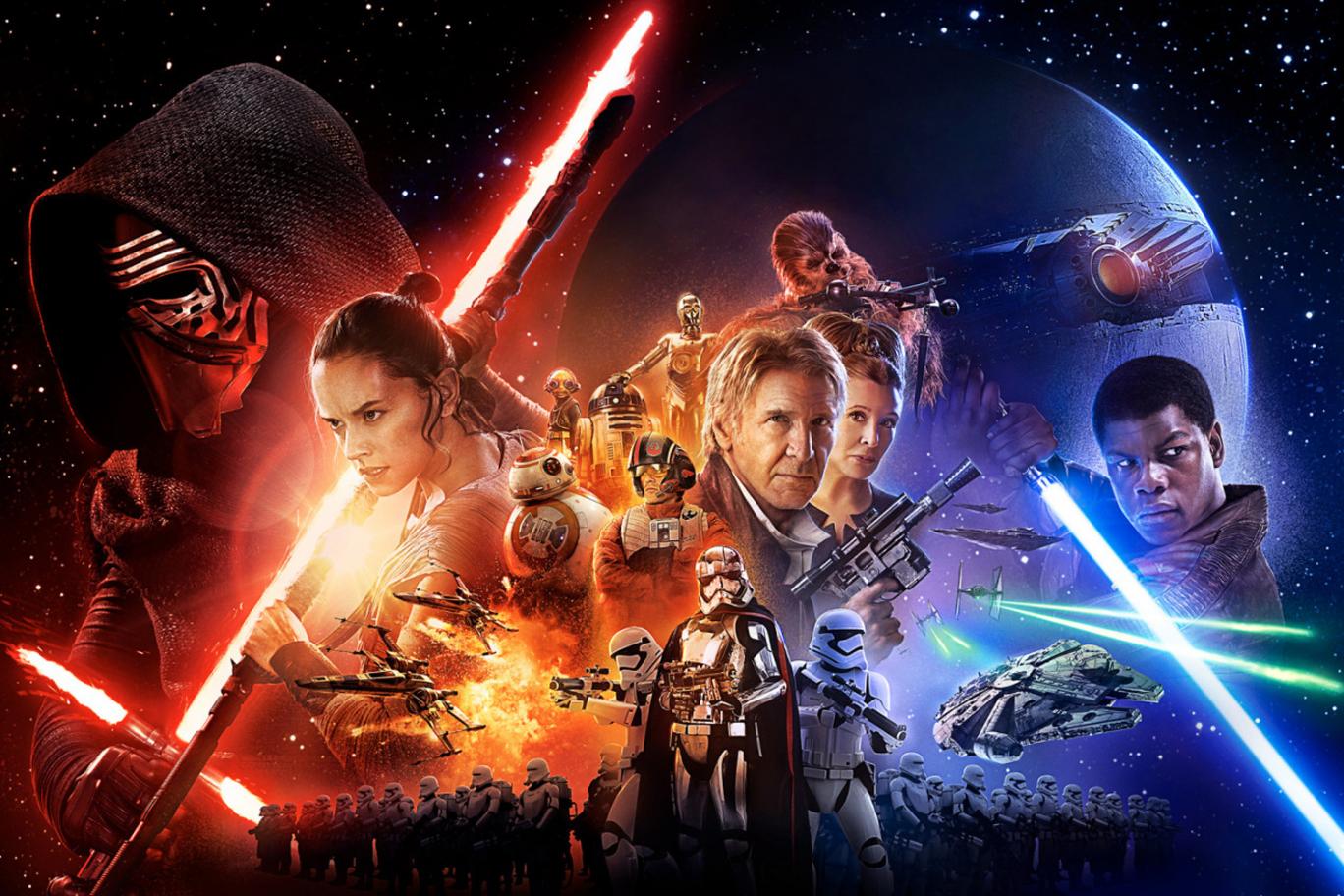





This box isn’t big enough to discuss all points so I’ll do it face to face and mark out some flawed logic that is here. A very sceptical view from someone looking to pick holes in sci-fi fantasy. But hey, haters gonna hate, potatoes gonna potate.